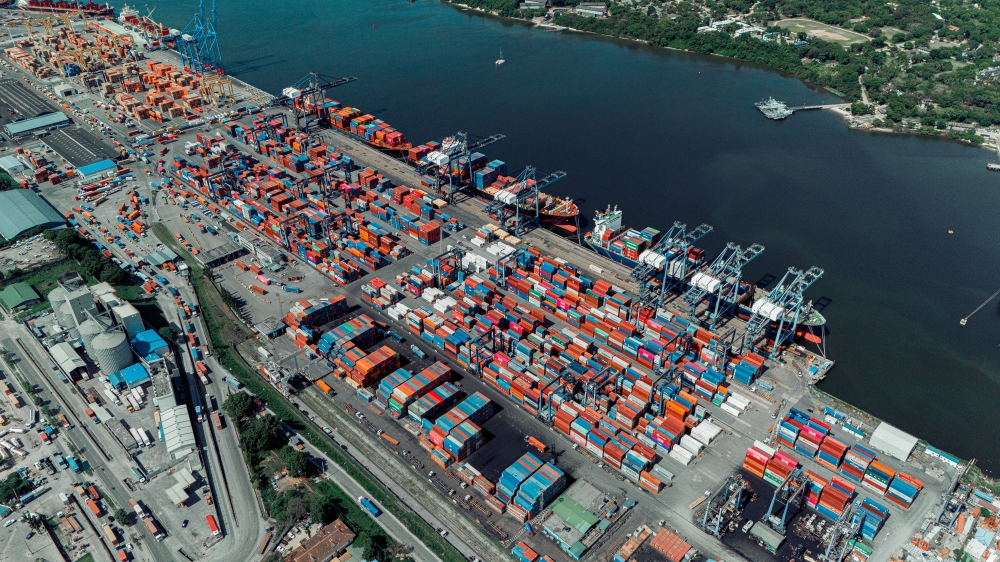European Union (EU) has given Rwanda government a grant of 2.8 million Euros (about Frw2b) to explore possibilities addressing the power crisis and stem the escalating power costs in the country.


European Union (EU) has given Rwanda government a grant of 2.8 million Euros (about Frw2b) to explore possibilities addressing the power crisis and stem the escalating power costs in the country.
The money is slated to carry out feasibility study that will help the country produce hydro electricity power at the Rusizi river falls.
The RD site on the river has a potential to produce 82 mega watts of electricity. And, if developed, the plant could also produce power that can be exported to some countries in the Great Lakes Region.
The region is currently plunged in power deficits; partly due to high demand from industrial and domestic consumers. The power problem was exacerbated by the prolonged drought experienced in early 2000s.
Water levels fell to an all time low, in some water bodied by almost 5 metres. This left turbines with little water to generate hydro power for consumption.
Eng. Albert Butare, State minister for energy and communication, said Rwanda is entitled to 26 mega watts of this power. The study to last two years is to be carried out by a German firm; Germany Engineering Bureau Fichtner.
Fichtner will also help in determining the technical and economical pre-feasibility of hydro-power production at a second site of SISI which has the potential to produce up to 205 mega watts.
"The pre-feasibility of a possible Rusizi 1V at the SISI site will analyse relevant factors for a second additional station which has the highest potential in the region,” the minister said.
Dr David MacRae, the head of European Commission to Rwanda said that the signing of the contract is an important milestone for the development of energy sector in the great lakes region.
The head of delegation said, "This essentially technical study has important economic and political dimensions. A plentiful supply of power at a reasonable price is a pre-requisite for economic development,”
"If the results of the preliminary study are positive this will be followed by more detailed technical and economic studies later.”
Ends




